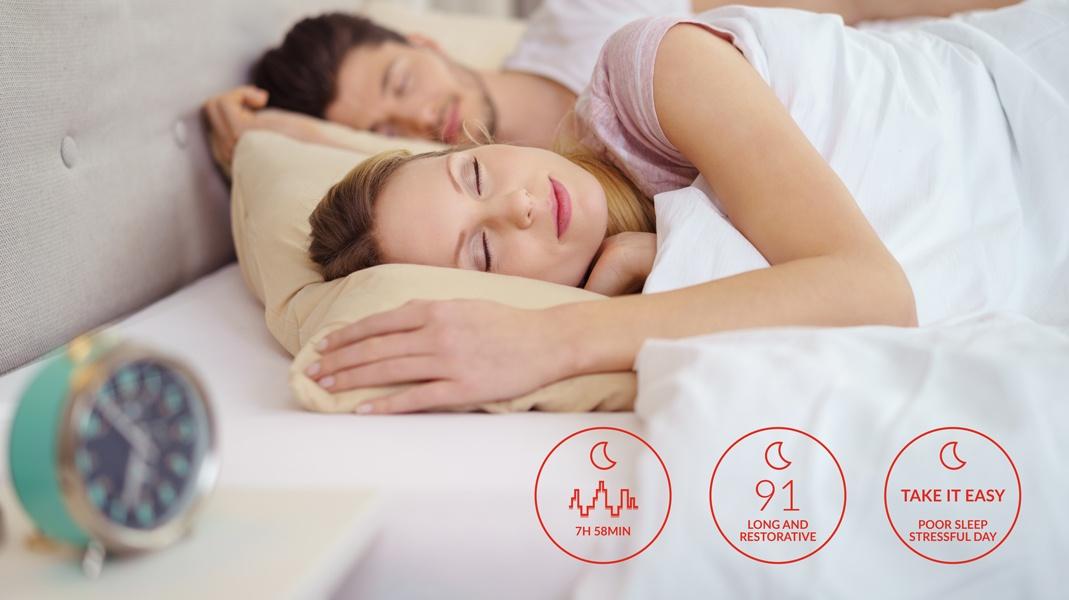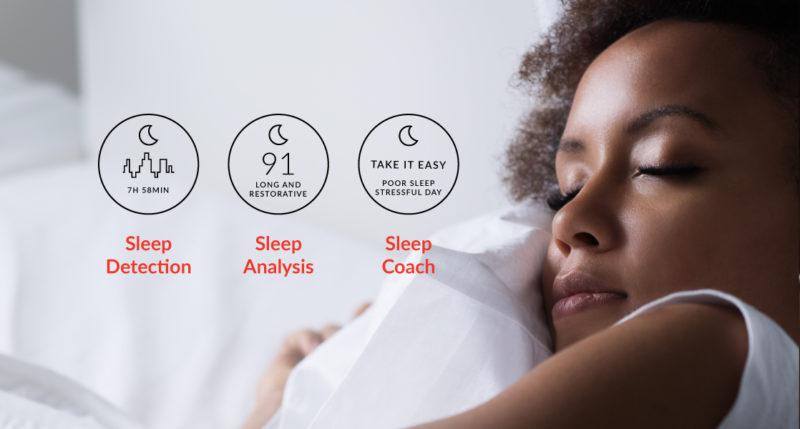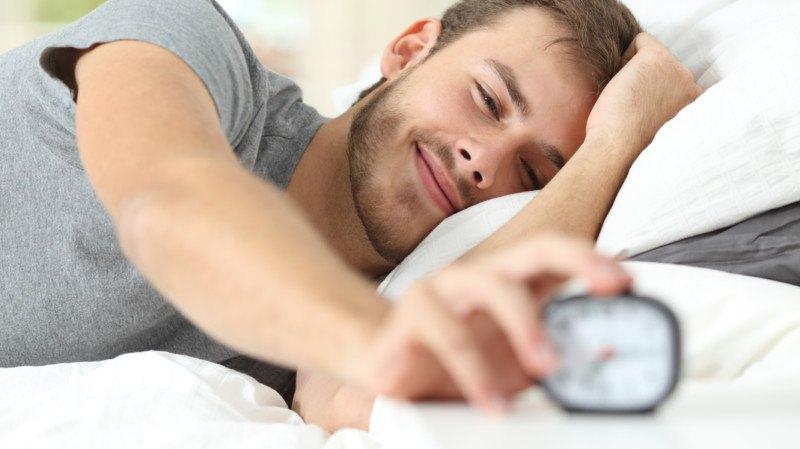
It would be sweet if just sleeping better would equal losing more weight. Unfortunately, it’s not that easy. You need to exercise, eat well and sleep well to successfully manage your weight.
While dieting and calorie-burning activities are the usual ingredients of weight loss programs, your sleeping habits are just as important. In addition to hampering weight management, inadequate sleep can lead to a range of health problems including obesity, sleep apnea and diabetes.
Your Body Needs Rhythm
Our circadian rhythm is an essential part of life. It is a cornerstone of how our bodies regulate adaptation and survival. In an always on, always connected, 24/7 society, it is very easy for this fundamental daily cycle be neglected. We need sleep, no matter what.
The hours of sleep you need can vary, and each person is different. However, numerous studies indicate sleeping 7-8 hours is a good target. They have also shown that poor sleep and too little sleep, like in the 5 to 6-hour range, lead to weight gain and higher risk of obesity.
When you sleep, the parasympathetic branch of your autonomic nervous system (ANS) takes over. This facilitates the regenerative processes that help you recuperate and prepare for the next day. Uneasy sleep and short nights hinder these efforts and result in poor recovery. You wake before your body has recharged, leaving you less energetic and less likely to burn calories as normal.
Your brain also functions differently if you don’t get enough sleep. We are all familiar with hazy decision making after a short night, but there is also an impact on choices and self-control with regards to food. Sleep deprived individuals tend to go for more junk food and consume more calories than when they sleep a normal 7-8 hours, although this may also be due to the simple fact that more time awake means more opportunities to eat.
Hormones and Your Food Desires
Bad sleep messes with your hormones, in particular ghrelin, leptin and cortisol. Ghrelin is the hunger hormone. It tells your brain when it is time to eat. Leptin is the counterweight. This hormone gives your brain the ‘all full’ signal. Cortisol is a stress hormone, and stress can also make you want to eat. Comfort food, anyone?
Too little sleep causes your body to produce more ghrelin and less leptin. In addition to being tired after a bad night, this hormone imbalance means your body is prepped to want to eat more than you really need. If your sleep is poor, you are also not relaxing and regenerating as normal, which leads to more cortisol coursing through your veins. That tells your body to store energy (as fat) and prepare for the next battle.
If you don’t get enough sleep, it can also affect how your body uses insulin, an essential hormone for processing sugar. Too little sleep and your cells become insulin resistant, resulting in more sugar circulating through your bloodstream. That triggers your body to produce even more insulin. The excess insulin, in turn, tells your body to store calories instead of burning them. Over the long term, this can lead to serious health problems, such as type 2 diabetes.
How Do I Know If I Am Sleeping Well?
Paying attention to the clock is one easy way to see how many hours you are sleeping. However, with this method you tend to miss the bigger picture. You might feel fine after a short night. The longer trends of days and weeks are what set the stage for successful weight management. To get a proper, long-term picture, you can use one of the many wearable devices available today that offer sleep tracking features like Firstbeat’s Sleep Detection.
Sleep Detection uses a combination of heart rate, heart rate variability, respiration rate (derived from heartbeat data), movement and time of day to tell you how long you actually slept (as opposed to how long you think you slept), and how much time you spent in deep sleep versus light sleep and REM (rapid eye movement) sleep.
Obtaining a good understanding of what all that means can be achieved through Sleep Analysis. Here Firstbeat compares your personal sleeping data with expert recommendations like those from the National Sleep Foundation. You get feedback in the form of a Sleep Score (0-100, with 100 being the best) and a short, insightful summary of how well you slept.
Taking it a step further, on select devices, Firstbeat Sleep Coach can provide a complete picture of how you are doing with recommendations on how you can improve your sleeping habits.
Technology aside, there is plenty you can do to help ensure you get a good night’s sleep. Here are just a few tips:
- Use a routine: conscious routines help you subconsciously prepare for what comes next; regular evening activities tell your body you are going to be sleeping soon.
- Wind down: avoid anything strenuous, including eating, before bed; the impact of stressful activities late in the evening can make falling asleep, and sleeping restfully, difficult.
- Exercise regularly: not only does fitness help you handle stress, but it also gives your body reason to sleep and recover.
Good sleep is the pathway to weight loss and long-term weight management. Without it, everything about your weight and overall health gets manifestly more difficult. Do yourself a favor by turning out the lights and getting in some solid Z’s.
Want to know more about your well-being with help of near-laboratory accurate data?
You might also be interested in

Introducing the Firstbeat Sleep Solution for Consumer Products
Firstbeat Technologies, the industry’s leading provider of physiological analytics for health, fitness and performance, has introduced an all-new, sleep-oriented feature set. Firstbeat Sleep Solution is comprised of a trio of…

How Can I Sleep Better at Night? Tips to Start Today.
Bad sleep can leave anyone struggling for answers. Why can’t I sleep? Why am I so tired in the morning? Why can’t I find the motivation to exercise and focus at work? Using a wearable device to track your sleep a good way to capture longer trends.

A Good Night’s Sleep, What Does It Mean?
It is not just how much you sleep but also how well you sleep that counts. Firstbeat Sleep Quality Assessment takes into account the amount of sleep and the quality of the recovery.
